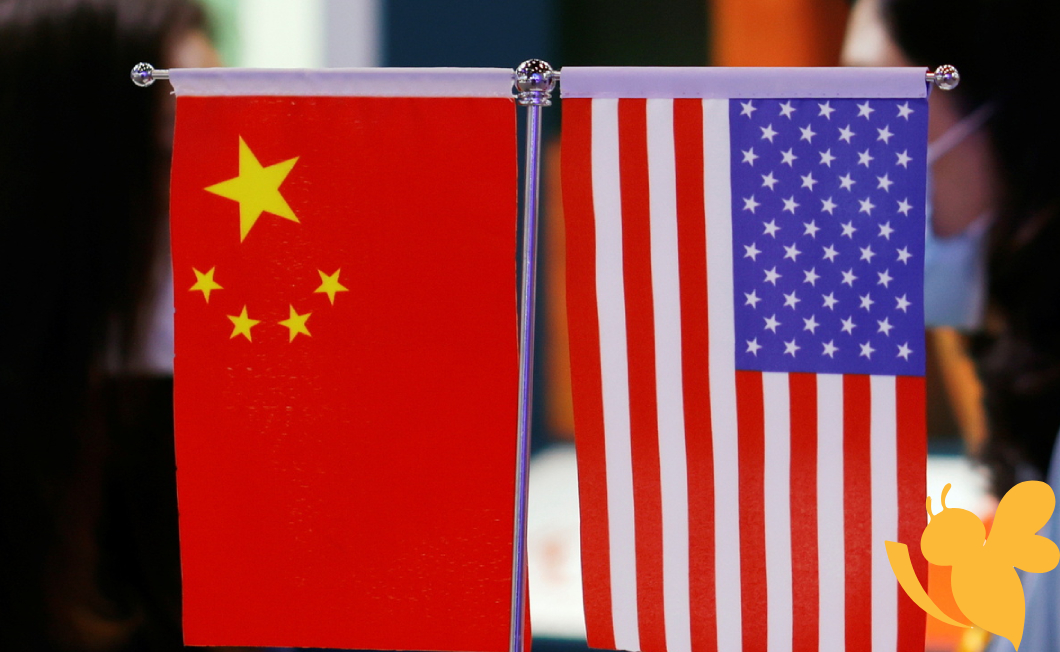The announcement by the U.S. State Department to revoke visas for Chinese students represents a significant shift in diplomatic strategy, signaling an assertive power play aimed at positioning the United States ahead of China. Under Secretary of State Marco Rubio, this policy targets students with ties to the Chinese Communist Party and those studying in critical fields . This aggressive stance is framed within a broader narrative of "America First," reflecting heightened national security concerns and a desire to mitigate perceived risks associated with foreign influence in American academic institutions .
Following Trump announcement, the US State Department published a statement titled "New Visa Policies Put America First, Not China", saying it will work with the Department of Homeland Security "to aggressively revoke visas for Chinese students, including those with connections to the Chinese Communist Party or studying in critical fields".
given that the US Court of International Trade ruled on Wednesday that Trump had overstepped his authority over tariffs under the International Emergency Economic Powers Act, Rubio might be overly presumptive in assuming he has the authority to give an order to revoke the visas of international students from a particular country. Federal immigration law requires individualized assessments for visa revocations. As such, mass actions targeting a specific group could face legal challenges for exceeding statutory limits or violating due process.
The executive orders Trump has issued have given the world an impression that he and his administration can do anything they want without any consideration of the law. But in a pivotal decision, the US Court of International Trade struck down the sweeping reciprocal tariffs unilaterally imposed by Trump in April, citing the misuse of executive authority and the absence of congressional oversight.
Academic leaders in the U.S. have spent years trying to tamp down growing hostility against Chinese students and scholars, saying the benefits of the relationship outweigh the risks. Collaboration between the countries produces tens of thousands of scientific papers a year, yielding major advancements in fields from earthquake prediction to disease treatment.
The academic alliance has been built up over decades since both sides resumed diplomatic ties in the 1970s. Chinese researchers are the most frequent international co-authors for U.S. researchers in science and engineering journal articles. Both sides are research powerhouses.
Any move that prevents the U.S. from welcoming the smartest people in the world is an “extremely bad idea,” said L. Rafael Reif, a former president of the Massachusetts Institute of Technology who pushed back against anti-China sentiment during President Donald Trump’s first term.
In conclusion, while the U.S. seeks to assert its dominance through these visa policies, it must consider the broader implications for international relations and domestic innovation. The balancing act between national security and fostering an inclusive academic environment remains precarious as both nations navigate this evolving geopolitical landscape.
Read more
Trump commends Musk on "colossal change" after Doge adviser departs UEFA final : PSG vs Inter predictions , lineups and free online live stream
Sara H
Also on site :
- Measles Scare Takes Off: Outbreak Linked to International Flight at Denver Airport
- Measles outbreak linked to international flight at Denver airport raises alarm
- Bridge collapses in two Russian regions near Ukraine leave seven dead.

